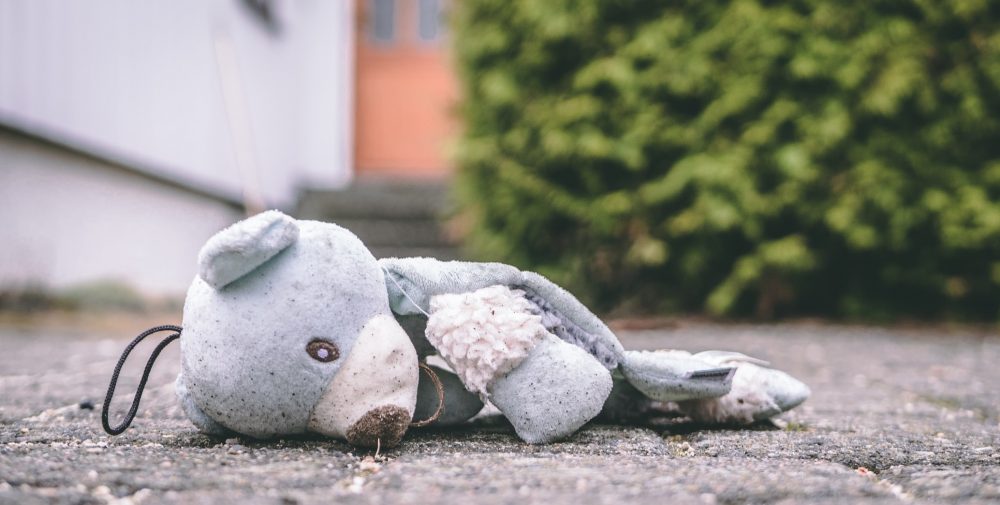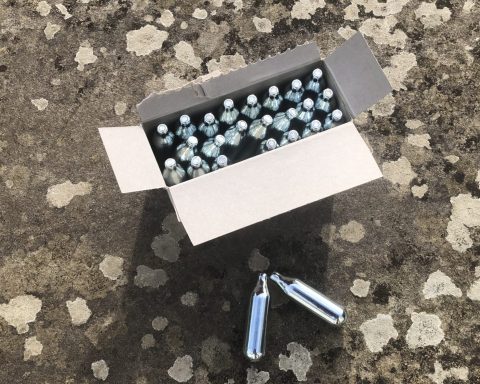 Hannah Milton is a GP, mum, runner.
Hannah Milton is a GP, mum, runner.
Ihave heard it said that all life experiences help you to be a better GP and I feel that it is the challenging experiences have helped me the most. Adopting my children four years ago has caused a major shift in my understanding of my patients. Like most children removed from their birth family in the UK, my children have experienced multiple traumas. Their subsequent grief and trauma-related behaviours have helped me find a new level of empathy for my patients.
Since having my children, I have found that one my most useful history taking techniques is a simple question: “how was your childhood?”. I use it when talking to patients about anxiety, depression, addiction, relationship problems and difficulties with their own children’s behaviour. Initially I feared causing offense with such a direct question but many of my patients have revealed stories of alcohol abuse, domestic violence, rejection and sometimes physical and sexual abuse. Some patients reveal shocking violence with little emotion or realisation for the impact it could be having on them now.
One my most useful history taking techniques is a simple question: “how was your childhood?”
Adverse Childhood Experiences (ACEs) have been researched in recent years and the more ACEs a person has the more at risk they are in adulthood of many conditions (from cardiovascular disease and stroke to addiction and suicide).
Fractures in the relationship between a child and their mother or father directly impacts childhood development and the ability to form relationships as adults. The emotional disconnection can also lead to people having difficulty regulating their emotions and feeling empathy for others.
I think you would be surprised by the responses you will receive.
Childhood trauma can impact a whole lifetime, so whilst I don’t have the solutions, I think understanding about it can help GPs connect with and understand their patients. I feel more empathic about the difficult behaviours that some of my patients display.
Featured photo by Trym Nilsen on Unsplash



